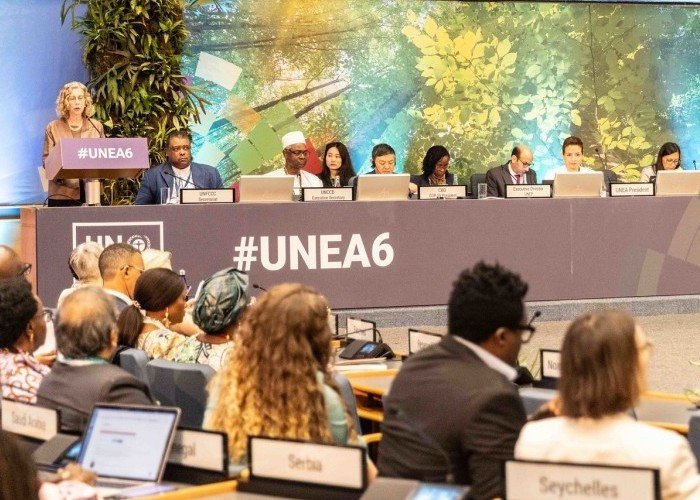What Bill Gates Has to Say About Climate Intervention in His New Book: "How To Avoid A Climate Disaster"
As I was reading through Bill Gates' new book, How to Avoid a Climate Disaster, over the past week, I was encouraged by his interest in the potential of climate intervention as means to address near-term climate risks, avoid a major climate catastrophe, and protect vulnerable populations worldwide. It was heartening to see Gates—a longtime advocate for sustainability and the environment—recognize the need for research and offer his impressions of the benefits, risks, and obstacles that face our field.
For those who haven't yet read his book, Gates outlines climate intervention as a potential solution to one of our biggest unknown worries about climate—the potential for "tipping points," moments where the gradual effects of climate change cause unexpected, catastrophic, and potentially irreversible chain reactions. One of the central imperatives behind SilverLining's research and work is exactly that: finding safe, evidence-based solutions that would prevent our planet from reaching these tipping points and protecting the vulnerable populations that would be disproportionately affected by such sudden, volatile changes to the environment.
Gates is also correct in noting that climate intervention techniques are not "intended to absolve us of the responsibility to reduce emissions; they'd just buy us time to get our act together," as he puts it.
I agree—climate intervention, as we see it, is not a long-term solution to the climate crisis, but rather designed to minimize the near-term effects of climate change, while more expansive endeavors to limit our impact on climate change are implemented across the globe.
Ever the pragmatist, Gates also identifies some of the key challenges facing the implementation of climate intervention that we at SilverLining think about every day, such as governance issues and the need for continued research. There is perhaps no more clear shared resource than our atmosphere, which is why SilverLining insists that the backbone of any serious climate intervention endeavor must be international cooperation. Additionally, no serious, large-scale attempt at climate intervention should go forward without rigorous research and identification of the potential costs and benefits of such work.
This focus on the challenges of research, cooperation, and innovation all point to what our field desperately needs: resources. We are grateful for Gates' support of our field, and we need more individuals, organizations, and governments who are concerned about our escalating climate emergency to support and invest in our field of study. Research is the key to solving the issues of feasibility, impact, and governance that currently exist in our field, and no group can achieve that research without the investment and support required to make it possible.
We at SilverLining hope that Bill Gates' recognition of our critical work encourages others, regardless of background or prior knowledge of climate intervention, to do more of their own research to better understand the potential of climate intervention to ensure a safe climate.




